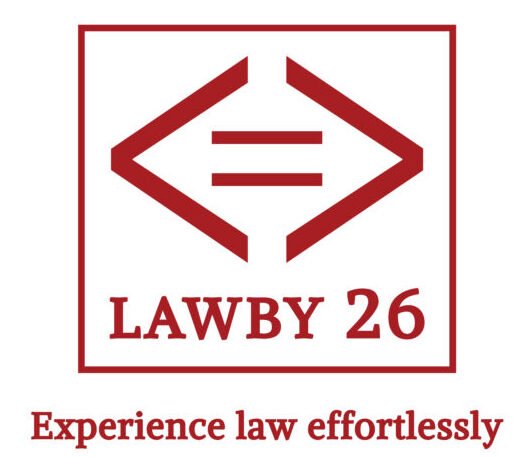It has been known for decades that junior advocates, in most scenarios, don’t get paid at all, or if they do, it’s the bare minimum.
Why was this a norm for years together, and why didn’t anyone question this? Enrolling in any state Bar Council takes quite a few thousand, and earning that amount back will take months. Was the Bar Council unaware of this plight? Most advocates tell their juniors that the experience they gain in the office is remuneration enough. With this learning and experience, they can start practising individually and earn independently; learning is happening, but is that enough reason to make the junior advocate work for free? To end all these questions, the Madras High Court, in June 2024, in Farida Begam v. The Puducherry Government & Ors. [WP No. 17976 of 2019] directed the Bar Council of Tamil Nadu and Puducherry to make sure that every junior advocate gets a minimum pay of Rs. 20,000 per month in Chennai, Madurai and Coimbatore and for those practising in all the other districts a minimum of Rs. 15,000. The Court thought that the junior advocates work hard for their seniors, and if not paid appropriately, the fear of cost of living and economic instability will make them want to quit the profession, and they have every right to get paid for the work rendered. It is even against Article 21 as to the right to livelihood. Section 6 of the Advocates Act, 1961, mentions the functions of the State Bar Councils and clearly states that the Bar Councils should safeguard the interests of the advocates on roll. Well, this clems like a relief to a lot, but we still have to wait and see how far it is appropriately implemented and whether the Court will have to intervene again.
Done By: Anoushka Samyuktha, B.A LL.B (Hons), LLM (Criminal Law), Junior Legal Consultant
For Origin Law Labs



